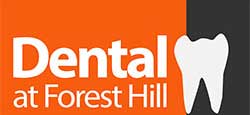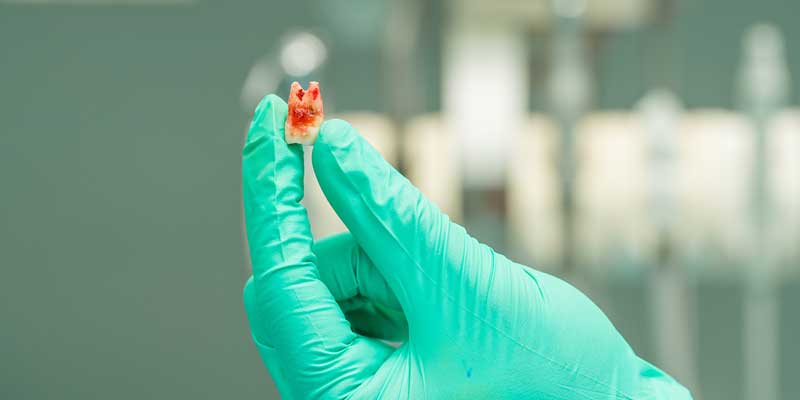Table of Contents
Dealing with a Knocked-Out Tooth: We will guide you through the emergency tips and best practices for dealing with a knocked-out tooth.
We understand that dental emergencies can be overwhelming and painful, especially when a tooth gets knocked out unexpectedly. However, we are here to help you stay calm and take action to save your tooth, preserve your oral health, and prevent further complications.
By following these steps, you can increase your chances of saving your tooth and avoid the need for more extensive dental treatments.
Assessing the Situation: What to Look For
The first step in dealing with a knocked-out tooth is to assess the situation and determine the severity of the injury. Here are some signs to look for:
- Bleeding from the mouth or gums
- Swelling or bruising around the affected area
- Pain or sensitivity when biting, chewing, or speaking
- Difficulty breathing or swallowing
- Loose or dislodged teeth
- Missing tooth or teeth
If you experience any of these symptoms, it is crucial to seek emergency dental care as soon as possible. Delaying treatment can lead to further damage to your tooth, gums, or jawbone, and increase the risk of infection or decay.
Retrieving the Tooth: How to Handle It
Once you have assessed the situation and determined that you have a knocked-out tooth, you need to retrieve it carefully and safely. Here are the steps to follow:
- Pick up the tooth by the crown (the visible part) and avoid touching the root (the part that was embedded in the socket).
- If the tooth is dirty, rinse it gently with milk, saline solution, or water. Do not scrub or rub it, and do not use soap, alcohol, or hydrogen peroxide.
- If possible, try to reinsert the tooth into the socket, facing the right way. Gently push it down with your fingers or bite down softly to hold it in place.
- If you cannot reinsert the tooth, keep it moist by storing it in milk, saliva, or a tooth preservation kit. Do not wrap it in tissue or cloth, or put it in water or ice.
Seeking Professional Care: Where to Go
After you have retrieved the tooth, you need to seek professional dental care immediately. Call us and explain the situation. We will advise you on what to do next and arrange for an appointment as soon as possible. In the meantime, here are some additional tips to follow:
- Apply a cold compress or ice pack to the affected area to reduce swelling and pain.
- Take over-the-counter painkillers, such as acetaminophen or ibuprofen, as directed.
- Avoid eating, drinking, smoking, or engaging in strenuous activities that can worsen the injury or cause bleeding.
Preventing Future Incidents: How to Stay Safe
Finally, after you have received professional care and treatment for your knocked-out tooth, it is essential to take preventive measures to avoid future incidents. Here are some tips to follow:
- Wear a mouthguard or other protective gear when engaging in sports or high-risk activities.
- Avoid biting or chewing hard, crunchy, or sticky foods that can damage your teeth.
- Brush your teeth twice a day with fluoride toothpaste, floss daily, and rinse with mouthwash to maintain good oral hygiene.
- Schedule regular dental check-ups and cleanings to detect and prevent dental issues early on.
By following these emergency tips and preventive measures, you can ensure that your oral health is in good hands and that you are prepared for any dental emergencies that may arise in the future.
Contact Dental At Forest Hill
Our emphasis is always to provide gentle, dental care. We are a family oriented general dental practice, and our primary focus is preventing disease and providing happy smiles. We are conveniently located on 250 Canterbury Rd, Forest Hill, VIC 3131. You can call us on: (03) 9878 3233 to ask any questions or to set up an appointment.


